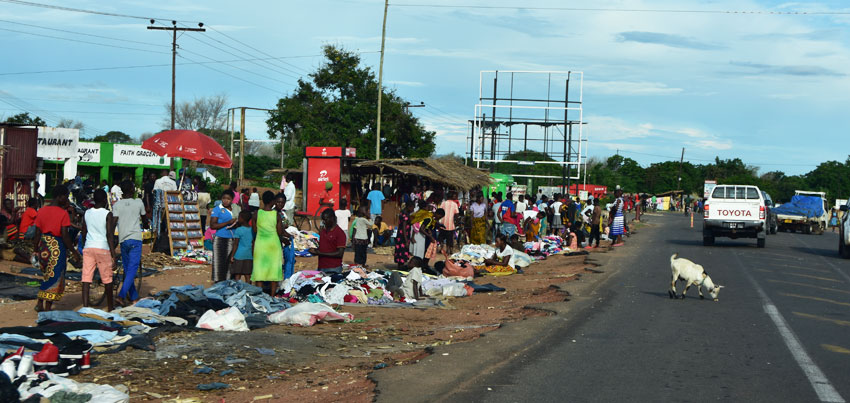Back to (a new) normal
The world is undergoing serious disruption. Nothing is as it used to be before – countrywide lockdowns, jobs lost, businesses folding, new hygiene practices. For the very few pockets in places like rural Malawi, not much has changed… yet.
Disruption is not a bad thing. Actually, it is welcome. Opportunities to provide new services are found and outdated practices are tossed out with the trash. A time reshape society and traditions. This is not the first and won’t be the last. But disruptions claim casualties too.
The world, and more so Malawi, has been ripe for this kind of disruption.
Cashless society
Let us take payment of local services. I have always loathed our love of cash. Like most of Africa, mobile money has taken root as a convenient form of money transfer and payment method for goods and services. While it is used widely, service fees make the service expensive for the majority it is meant to serve.
Our retail outlets don’t do much in the way of encouraging nor rewarding the use of electronic payment. It is hard to imagine why. Until recently some till operators were very averse to processing debit cards. POS devices would be hidden out of sight.
Ever tried making an electronic payment for a service that was unsuccessful but your account got debited? The effort one has to make for the parties involved to resolve the issue can be exhausting.

With warnings that notes can host the coronavirus for a considerable amount of time, are we now going to see a change in approach by the regulator, banks and traders?
Remote Working
Organisations take pride in investing in physical infrastructure – office buildings and technology alike. It must be a source of pride to have staff rock up at work and plug themselves into an office network for hours on end, like a cog tethered to a money-making machine.
Remote working has generally not caught on in many organisations. Contractors and suppliers of services without a nicely furnished and decorated office in downtown Lilongwe or Blantyre are more often than not considered unreliable to provide a service. This is even when the service simply requires a fair amount of brainpower. In the wake of the coronavirus COVID-19, organisations around the world are asking their staff and contractors to work from home. At home, organisations are scrambling to put in place systems to allow staff to stay and work from home should that become mandatory.
We may lack high speed and reliable infrastructure to enable mass-scale, seamless home working but we have to ask ourselves if we have an alternative in the wake of the current pandemic. There have been online applications and services for years that have made it unnecessary to invest in complex, dedicated server technologies. Are we going to see a serious rethink in why we invest in all these concentrated infrastructures when there are more affordable and easy to set up alternatives?
-

A roadside market in Salima
New normal
Our broken health system and poor public sanitation are just not acceptable. The inadequate number of hospital beds and vital equipment in a ‘normal’ situation is appalling while billions of Kwachas somehow grow legs and vanishes into thin air. How long are we going to be reactive instead of looking ahead and planning for eventualities? We can’t go back to this normal. It shouldn’t be allowed! It should be criminal!
When this all blows over and societies chart new paths forward from the lessons they have learned, we can’t afford to settle back into business as usual.
We need a new normal!






